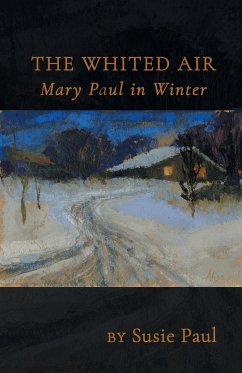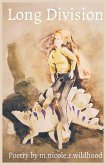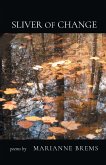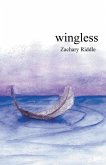"Radical empathy," Jeanie Thompson, author of The Myth of Water, a book of poems written through the persona of Helen Keller, describes the process of work like her own. "Historical persona poetry" is not new, but especially significant in an age in which experts decry the lack of fellow feeling among us and its dark consequences. The Whited Air richly imagines and expresses what it would have felt like for a teenaged girl to leave her father and their farm on her own to join a legion of such girls working in Lowell, MA, at the textile mills, in more contemporary terms, finding oneself in a world utterly unfamiliar, a world that no longer feels like home. The protagonist Mary Paul, a real girl, is experiencing firsthand the great shift in 19th-century America from a rural world of home industry and barter to the economy and factories of the Industrial Revolution. She is working hard and long in a way almost beyond our ability to imagine. But that is the task of The Whited Air. And as exhausted as she is, she is still able to aspire to a more intellectual life, to spiritual fulfillment, even to living in a utopia. The fictional Irish mill girl, Brigid, counters and expresses anger at being invisible to girls like Mary though working alongside her, to the extreme bias the Irish faced upon immigrating here, the alien feeling of being a devout and Irish Catholic among Protestants, finally, a longing for the familiar. The original inspiration for this book is Andrew Hudgins' book about Sidney Lanier, After the Lost War, another group of deeply imagined poems about a historical figure. Mary Paul was not a poet like Lanier whose voice was heard in his own time. I hopeThe Whited Air ensures that her voice, as imagined, and representative of that of so many women, will now be heard.








